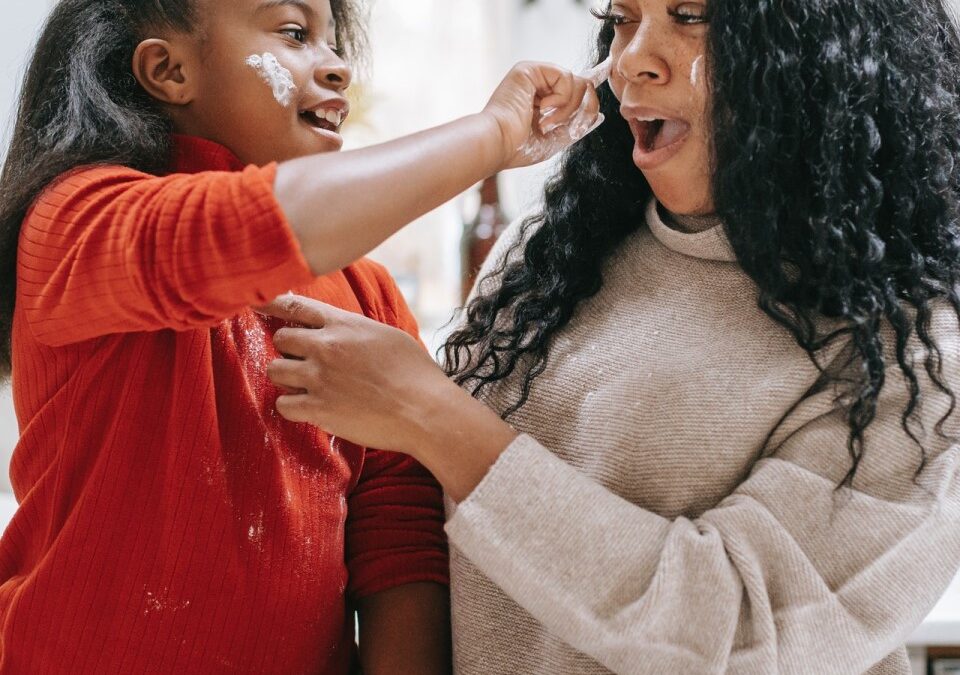Every parent dreams of having kids that are trustworthy, conscientious, and willing to take accountability for their actions. Unfortunately, kids aren’t born knowing how to be responsible – they must be taught. Children who don’t learn to be accountable for their actions sometimes grow up to become irresponsible adults, and blame others for their shortcomings. With that in mind, here are some things we as parents can do to raise responsible kids.
Don’t Let Kids Back Out on Their Commitments
If your child agreed to spend her Saturday raking leaves for Mrs. Winters, she should not be allowed to change her mind just because her “best friend forever” invited her to the mall. Backing out of commitments may seem harmless at first, but as a child matures, this behavior can easily evolve and interfere with her ability to hold down a job or maintain valuable friendships.
Assign Daily Chores
Daily chores are a great way to teach kids how to be responsible for themselves and the things they own. Be mindful of a child’s age before assigning chores. Household responsibilities that are too difficult for a child to do can lower his self-esteem.
Young children can do things like pick up their toys, sort, and load laundry, and recycle non-breakable items. Older kids can wash dishes, make up their beds, feed and water pets, vacuum the floor, and help with yard work.
Teach Kids How to Be Responsible With Money
Kids who aren’t taught to be money savvy grow up to make bad financial decisions that can end in debt and poverty. Children should learn the basics of money management as early in life as possible. Start by buying your child a piggy bank and giving them an allowance. Encourage them to put at least 10 percent of every dollar they get into a piggy bank to save, and teach them how to budget the rest.
Allow Consequences to Take Their Course
There are many times when a parent has a golden opportunity to allow the consequences of misbehavior to take effect, but due to pity or a desire to ‘protect’ the child, they deprive them of the consequences by fixing the situation or neglecting to punish them. While there is no need to punish for every little thing, saving them from the consequences of their actions every time will teach them that someone will always fix it, and that the rules don’t apply to them.
If they miss an assignment and the consequence is a failing grade for example, don’t beg the teacher for an extension on their behalf. Or if they forgot their lunch, it’s not always a good idea to rush to their aid every time and bring it to them – even though we don’t want our kids to go hungry, sometimes they have to learn that actions have consequences. Another great example is not replacing toys they break. Learning responsibility also means being responsible in how we care for our things.
Model Responsible Behavior
Children learn from the behaviors and values of the parent. If a parent tells her child not to talk badly about others, and the child frequently witnesses mom badmouthing her coworkers on the phone, it sends conflicting messages. Don’t just tell children how to behave responsibly, show them.
Teaching children how to be responsible early in life will better equip them to function in society as reliable, trustworthy adults. It’s not always easy to teach responsibility, but trust me, it’s worth it!
Hammond Psychology and Associates is the go-to resource for residents seeking psychological evaluations from a licensed psychologist in the Tampa Bay area. Click here to learn more about our Psychological Testing services in our Brandon location.

